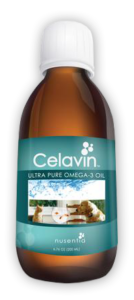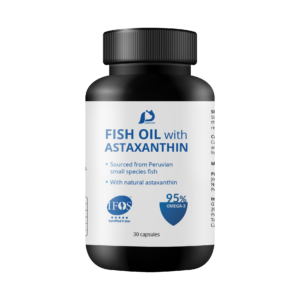Giving your furkids human or pet fish oil?
5 factors to consider when choosing fish oil
19 Sep 2024 | Chin

Fish oil has become a popular supplement for pets, praised for improving skin health, promoting a shiny coat, and offering anti-inflammatory properties. Many owners consider it essential for supporting joint, heart, and overall health in pets. On the other hand, there are factors that come into play when choosing fish oil for furry companions, for example, cost, brand popularity, omega content, smell and so on.
Types of Fish Oil in the Market
Fish Body Oil
Sourced from fish like salmon and sardines, this type is rich in omega-3 fatty acids (EPA and DHA), which help reduce inflammation and support healthy skin and coat.
Cod Fish Oil
Derived from cod livers, this oil contains omega-3s, as well as vitamins A and D. It’s beneficial for pets, but should be used cautiously due to the risk of vitamin overdose.
Fish Body Oil
Sourced from fish like salmon and sardines, this type is rich in omega-3 fatty acids (EPA and DHA), which help reduce inflammation and support healthy skin and coat.
Cod Fish Oil
Derived from cod livers, this oil contains omega-3s, as well as vitamins A and D. It’s beneficial for pets, but should be used cautiously due to the risk of vitamin overdose.
Algal Oil
Plant-based and rich in DHA, algal oil is a great alternative for pets with allergies to fish-based products, offering similar benefits for brain and eye health.
Krill Oil
Sourced from tiny crustaceans, krill oil offers omega-3s along with antioxidants like astaxanthin, making it a potent choice for inflammation and overall immune support.
How to Choose a Suitable Fish Oil for Your Pet
Finding the right fish oil supplement for your pet can greatly influence their health, particularly when it comes to reducing inflammation and supporting heart health.
- Check Omega-3 Content: Look for products high in EPA and DHA, as these are the most beneficial fatty acids for pets, particularly for reducing inflammation and improving skin health.
- Choose a Pet-Specific Formula: Human fish oil supplements may contain additives that aren’t safe for pets. Opt for a product specifically designed for animals to avoid harmful ingredients, and also there will be no worry when comes to dosing. Dog needs about 20-55 mg per kg of body weight per day of EPA+DHA, while cat needs 30-50 mg per kg of body weight.
- Consider Your Pet’s Health Needs: If your pet has specific conditions like arthritis or skin issues, select a fish oil that targets those needs, like one high in anti-inflammatory properties.
- Verify Purity and Sourcing: Ensure the fish oil is sustainably sourced and free from contaminants like mercury or heavy metals. Look for third-party testing and certifications for safety. Fish such as salmon and tuna, are rich in these nutrients, but are also high in contaminants and are known to be fish unsunstainably. Many cheaper products fail to remove toxins and impurities adequately.
- Consult Your Veterinarian: Always discuss supplementation with your vet, especially regarding dosage, as improper use of fish oil can lead to digestive issues or vitamin toxicity in pets.
What we have in Petsrejoice?

Celavin™ fish oil
Celavin™ offers an easy-to-administer liquid form. Derived from Norway sardines and anchovies, not only boasts a high purity of EPA-DHA content but also undergoes a triple distillation process to remove less beneficial fatty acids.

Astaxanthin fish oil
Offers 95% Omega-3 and with astaxanthin added to promote antioxidant effect. Capsule form for easier dosing.
GTF Worldwide Sdn Bhd
- No. 20-2, Plaza Danau 2, Jalan 5/109F, Taman Danau Desa, 58100 Taman Desa, Kuala Lumpur, Malaysia.
- (03) 7982 9881
- (012) 483 5523
- [email protected]
